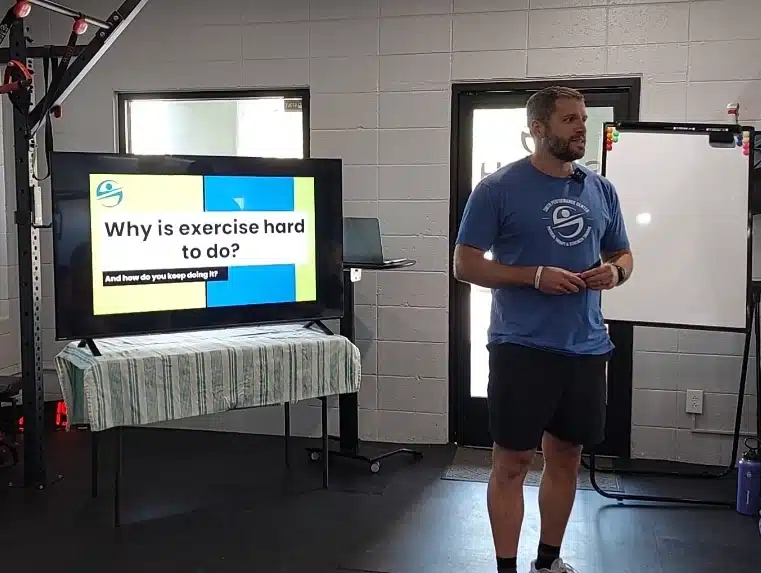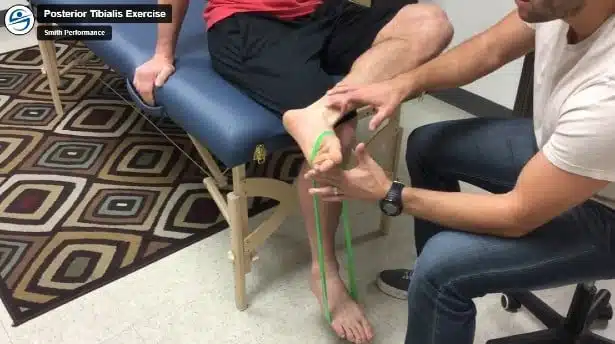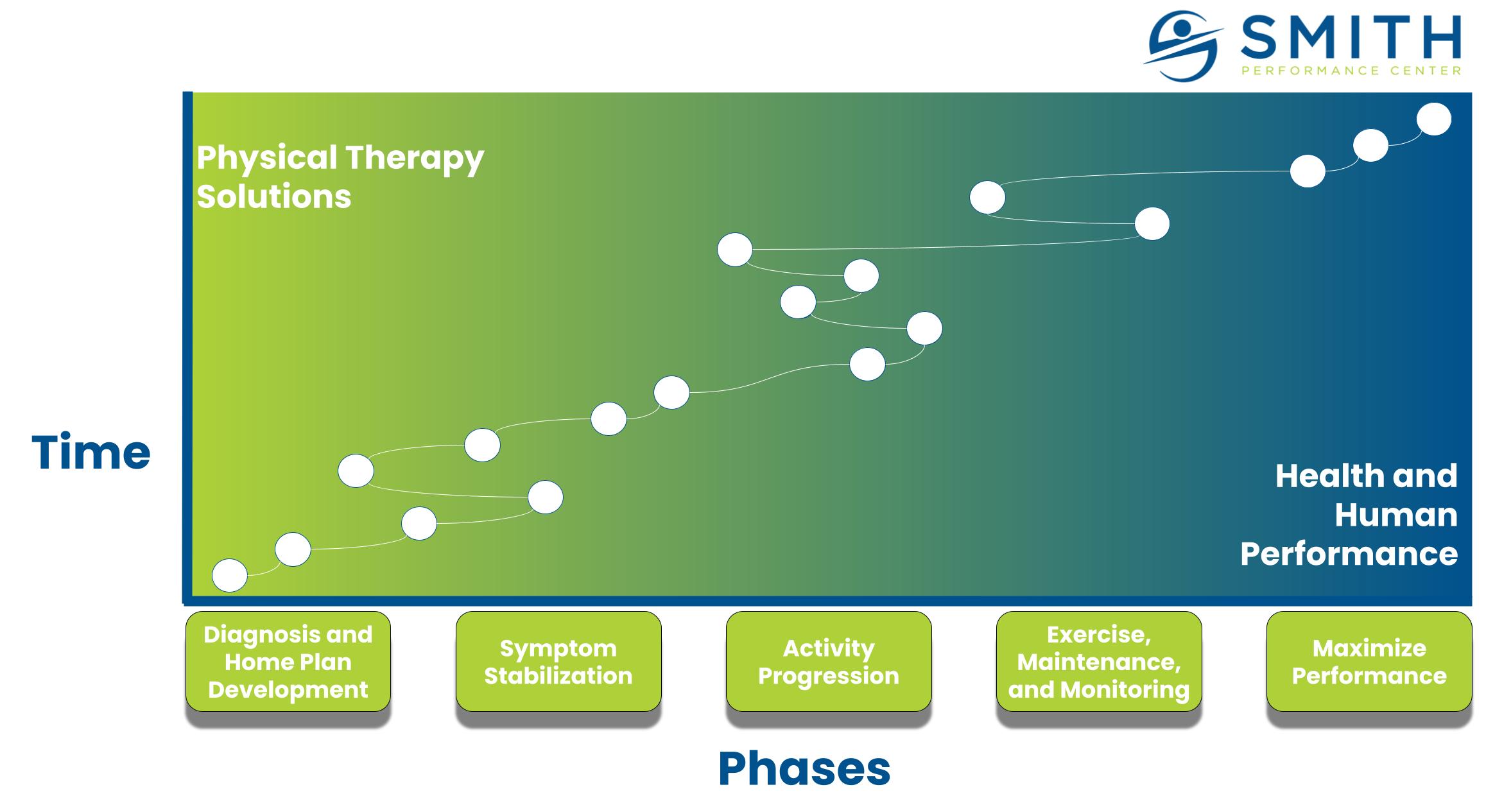
The 4 Reasons Exercise is Hard to Start and Maintain
Starting an exercise program usually begins with a detailed look at your goals and a plan to achieve them. Showing up consistently is assumed. After decades in the health and wellness industry as a personal trainer, strength coach, exercise physiologist, and physical therapist, I’ve seen firsthand that the problem isn’t your goals, program structure, or knowledge of the importance of exercise. You already know regular exercise is crucial. Nor is the problem finding a place to work out, scheduling gym time, or getting the right equipment for home. The real issue is execution: showing up and doing the work. Exercise is hard to start. Exercise is hard to maintain. Why? There are four major reasons: Evolutionary Mismatch We did not evolve to exercise; we evolved to conserve calories. Our ancestors developed in an environment with limited access to calories. The body’s ability to conserve energy allowed humans to survive periods







